15 Ways to Consume More Protein & 30 High Protein Foods
Did you know protein is an essential macro nutrient that most people are under consuming? It is essential for brain health, balanced blood sugar, gut health, and building healthy muscle and bone mass. Basically, protein helps the body grow and repair itself.
Protein is an important part of a healthy diet. Proteins are made up of chemical 'building blocks' called amino acids. Your body uses amino acids to build and repair muscles and bones and to make hormones and enzymes. They can also be used as an energy source.
Research shows that eating more protein can lower your risk of:
· type 2 diabetes
· cardiovascular disease
· obesity
· metabolic syndrome
· non-alcoholic fatty liver disease
· cardiovascular diseases
A high protein intake may also help increase weight loss, enhance muscle growth, and improve your overall health.
Often times, my health coach clients are getting much less than 100 grams of protein per day. A good first step is to start consuming more than you were on a weekly average, so if someone is getting about 60 grams of protein per day currently, we shoot for over 100 grams of protein per day.
Make protein the focus of each meal and snack, and then shoot for doubling your vegetables on the plate. Track your food in MyFitnessPal and focus on your daily and weekly average. Aim for 25-30 grams of protein per meal. Eat high protein snacks throughout the day. Many fitness professionals say to eat your weight in protein if you are trying to build muscle and lose fat.
15 Ways to consume more protein:
1. Eat your protein first
2. Consume high protein snacks (see list below)
3. Replace cereal with eggs
4. Eat nuts & seeds
5. Choose Greek yogurt
6. Consume protein shakes for breakfast and/or pre- and post-workouts
7. Include a high protein food with every meal
8. Choose leaner larger cuts of meat
9. Add peanut butter or peanut butter powder to your diet
10. Eat lean jerky
11. Eat cottage cheese & peas
12. Eat canned fish or tuna/salmon packs
13. Eat legumes & beans
14. Track your protein in a food tracker
15. Meal prep & meal plan ahead of time
30 High Protein Foods
1. Watermelon seeds; 30 grams of protein per 1 cup
2. Egg whites; 1 cup of egg white has 26 grams of protein and easily makes a low fat egg bake or scramble.
3. Cottage cheese; 25 grams of protein per 1 cup
4. Overnight oats; 25 grams of protein per serving
5. Wild rice; 24 grams of protein per 1 cup
6. Canned sardines; 22.6 grams of protein per serving and great snack for balanced blood sugar!
7. Lean meat; chicken, turkey, 90 lean/10 fat or 95 lean /5 fat ground beef ranging from 20 – 26 grams of protein per serving.
8. Protein shakes; Beef protein isolate, whey, egg, or casein protein powder; 20 – 30 grams of protein per serving
9. Trail mix; typically has about 21 grams of protein for 1 cup but high in fat (no sugar added is best)
10. Canned salmon; 20 grams of protein per can
11. Tempeh; 18 grams of protein per serving
12. Edamame; 17 grams of protein per 1 cup
13. Tuna packs; average about 15 grams of protein per pack and are easy to travel with.
14. Protein bars; 15 – 30 grams of protein per serving
15. Turkey roll ups with cheese and/or veggies; 3 slices of deli turkey are 11 grams of protein and can be rolled around veggies for more fiber or string cheese for 7 grams of added protein.
16. Egg bites; 14 grams of protein per serving
17. Greek yogurt; contains 12-15 grams of protein per serving and unsweetened is best or sweetened with stevia or monk fruit.
18. Pumpkin seeds; 12 grams of protein per 1 cup
19. Hard boiled eggs; 2 boiled eggs is 12 grams of protein
20. Lentil salad; 10 grams of protein per serving
21. Jerky; typically, about 9 grams of protein per serving and the less sugar and additives the better.
22. Peas; about 8 grams of protein per serving and you can add them to just about anything
23. Nut butters; About 8 grams of protein per 2 tbsp
24. Quinoa; 8 grams of protein per 1 cup
25. Nutritional yeast; 8 grams of protein per serving
26. Peanut butter & celery; 7 grams of protein per 2 tablespoons
27. Roasted chickpeas; 6 grams of protein per serving
28. Peanut butter powder; 6 grams of protein per serving and easy to add to a smoothie or oatmeal
29. Almond butter & apples; 5 grams of protein per serving
30. Chia pudding; 5 grams of protein per serving
Jaclyn Rebekah Roberts, NBC-HWC, CIHC, E-RYT 500
